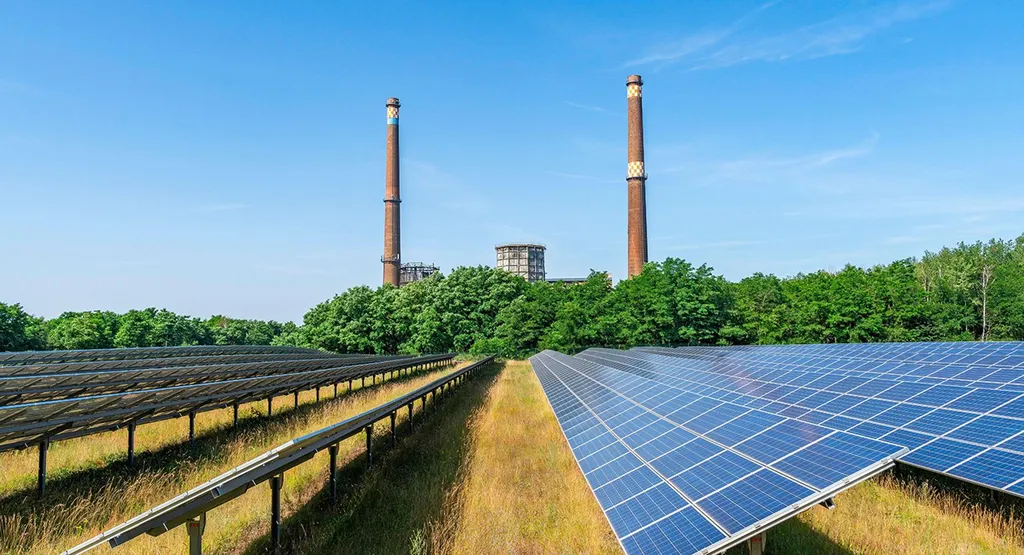The clean tech sector’s recent wave of project cancellations and scaling back, totaling nearly $24 billion, signals a significant shift in the U.S. energy landscape, with profound implications for the agriculture sector and investors alike. The slowdown, largely attributed to the Trump administration’s and Republican-led Congress’s rollback of federal support for clean energy, has led to the abandonment of 42 projects this year, a stark increase from previous years.
For the agriculture sector, the implications are multifaceted. Clean energy technologies, such as solar farms and battery storage, have increasingly been integrated into agricultural operations, providing sustainable energy solutions and reducing operational costs. The cancellation of these projects could slow down the adoption of such technologies in farming, potentially hindering the sector’s progress towards sustainability and efficiency.
Moreover, the clean tech slowdown could impact the agricultural supply chain. For instance, electric vehicle (EV) factories, which have seen reduced investments, are crucial for the development of electric farm machinery. A slowdown in this sector could delay the transition to more sustainable agricultural practices.
Investors, too, face a challenging landscape. The uncertainty surrounding federal support for clean energy has led to a significant pullback in investments. This is particularly evident in the offshore wind sector, where only seven out of around 30 planned projects are moving forward. The administration’s recent move to block new offshore wind farms and open areas to offshore drilling further complicates the investment outlook.
The political divide in the U.S. has also exacerbated the situation. While Republican strongholds have felt the brunt of job losses due to project cancellations, Democratic strongholds are grappling with the withholding of federal funding for clean tech projects. This political polarization could lead to a fragmented energy policy, creating an uncertain environment for investors and businesses alike.
In conclusion, the clean tech slowdown presents a complex challenge for the agriculture sector and investors. While the immediate impact is a reduction in clean energy projects and investments, the long-term implications could be far-reaching, affecting everything from sustainable farming practices to the broader energy landscape. As the political landscape continues to evolve, stakeholders in the agriculture sector and clean tech investments will need to navigate these challenges carefully.

